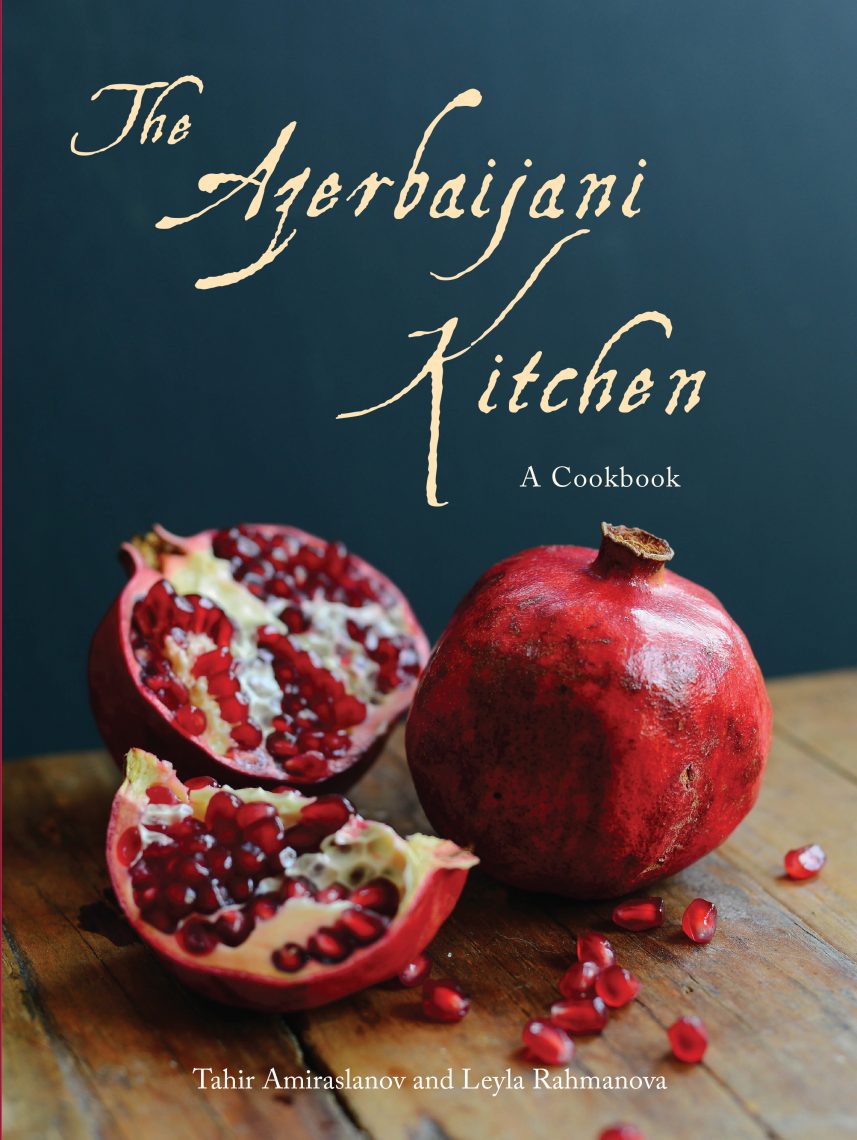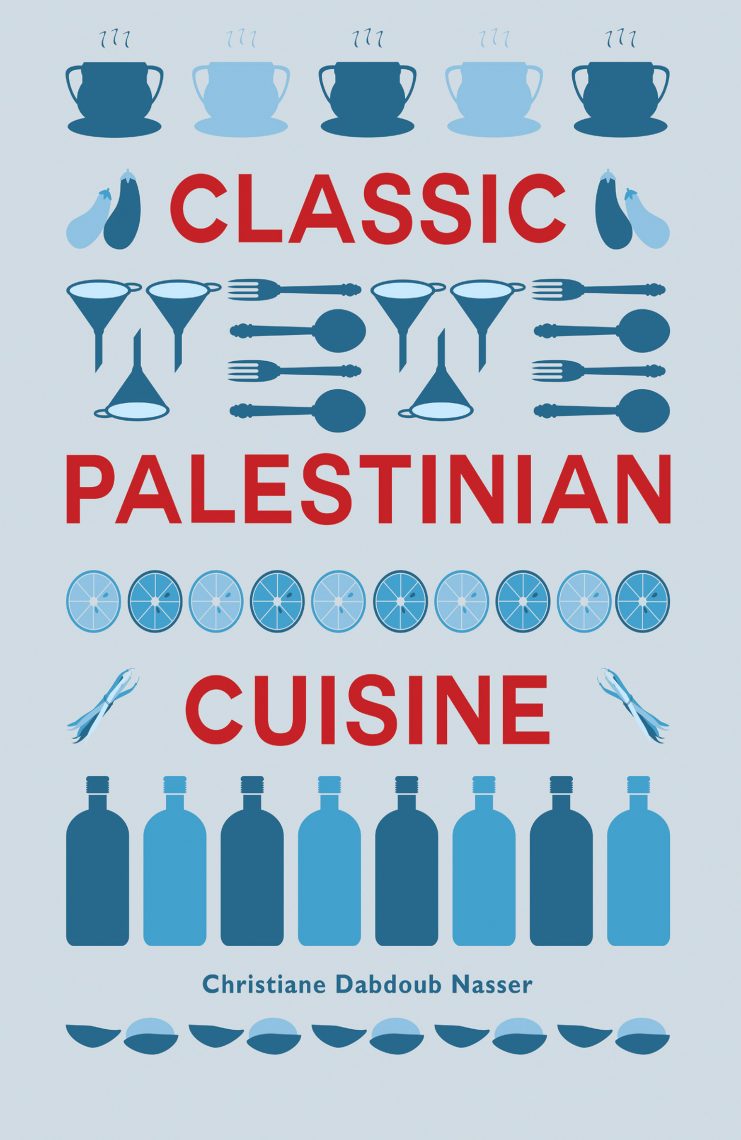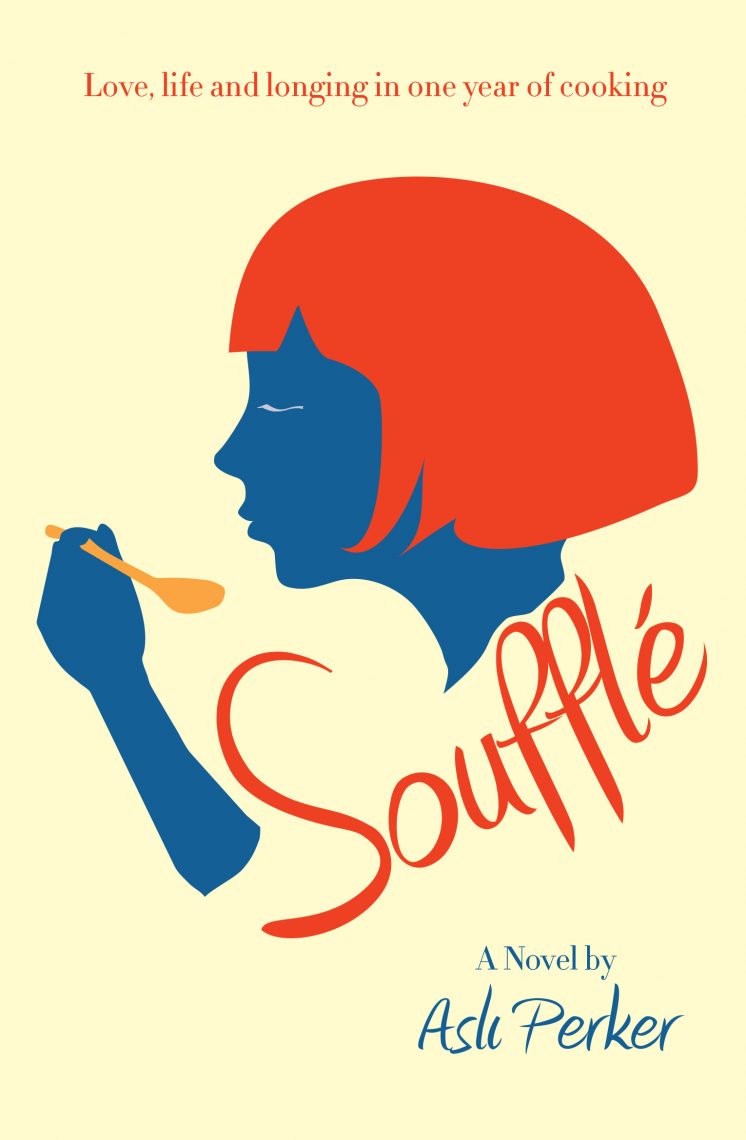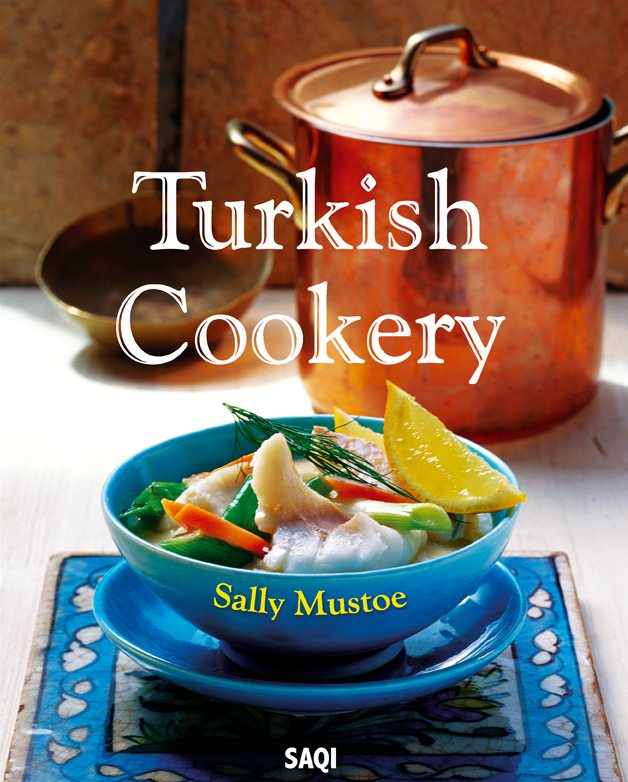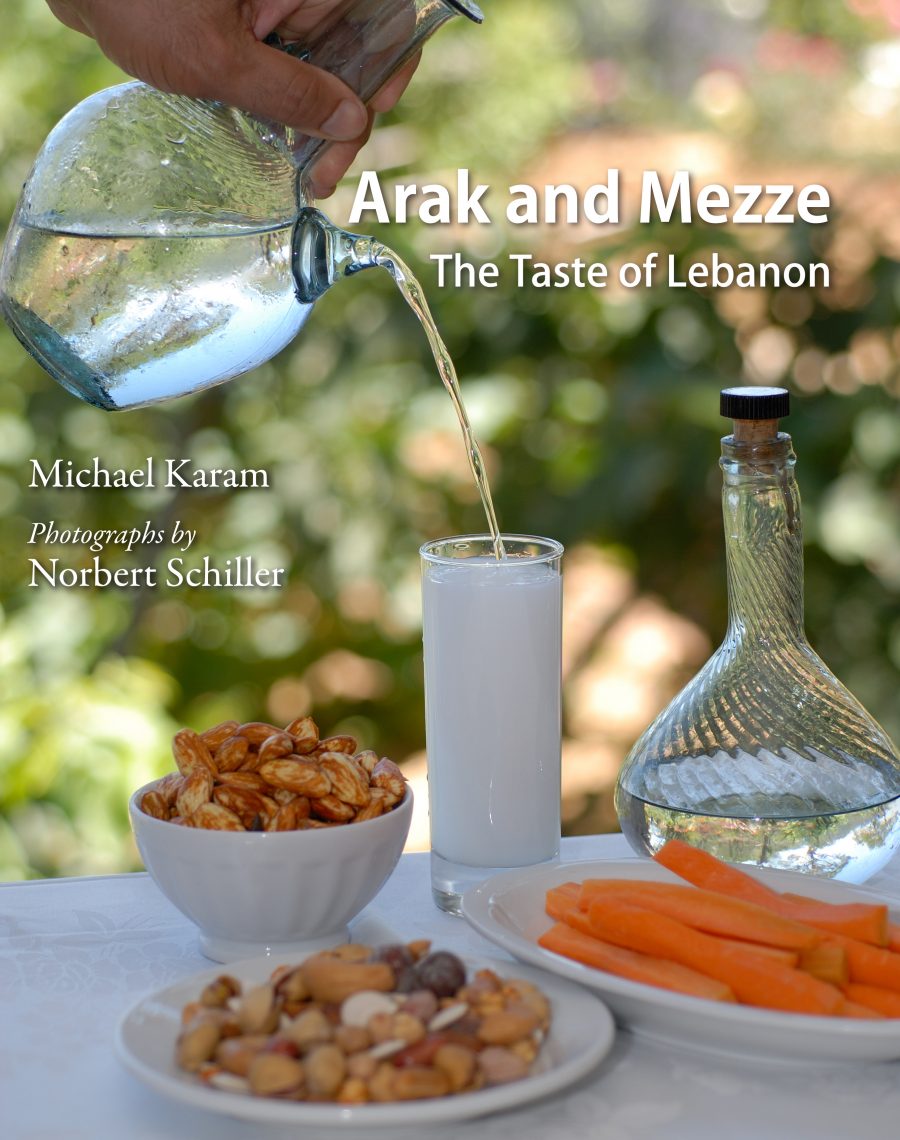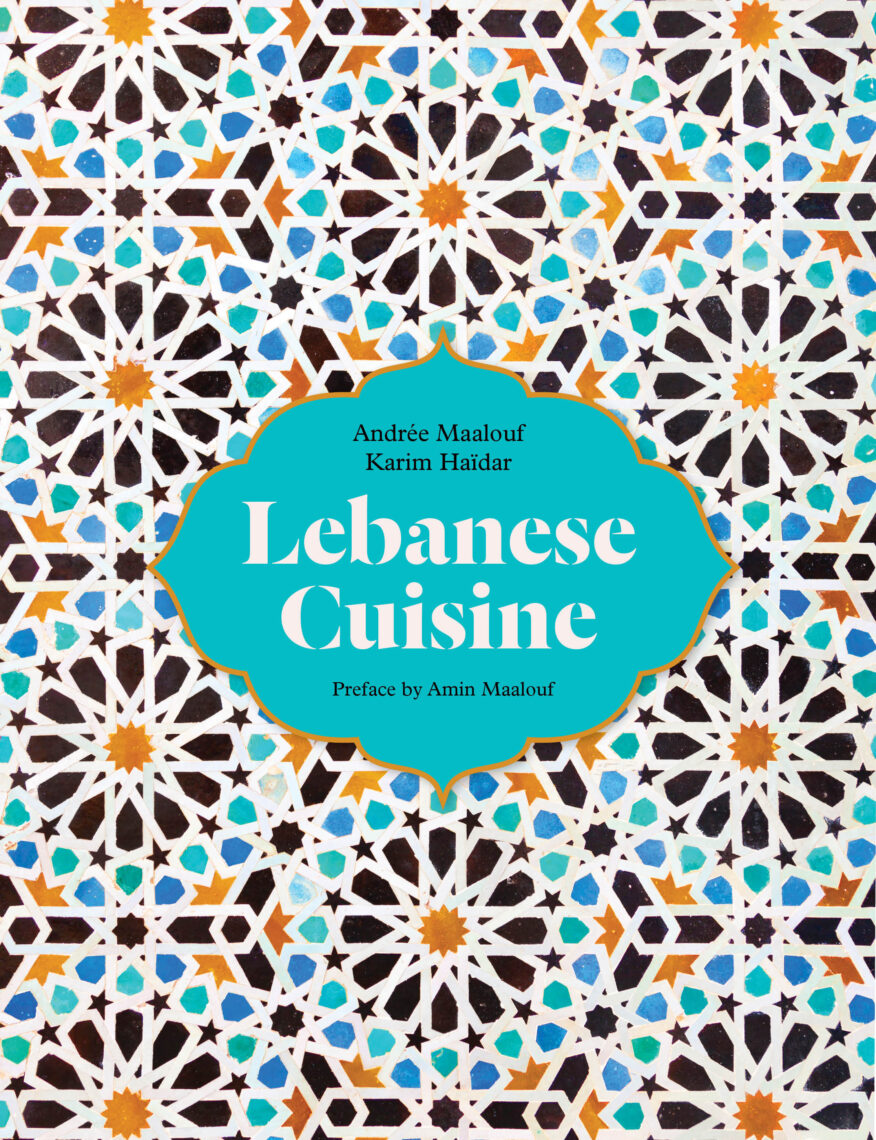
About the Book
Winner of the Gourmand Best Arab Cuisine Cookbook Award
Lebanon offers a unique variety of fragrant and refined dishes, enriched over centuries by new flavours and spices brought by traders from across the Mediterranean. Appreciated the world over, Lebanese cuisine is renowned for its savoury and sweet specialities: from falafel, tabbouleh, spicy grills and simmered stews, to succulent rose and pistachio pastries.
Andrée Maalouf and Karim Haïdar (Comptoir Libanais) share this rich culinary heritage through more than one hundred easy-to-follow recipes, along with an explanation of key ingredients and their place in Lebanese cooking. Traditional recipes have been subtly re-interpreted with a modern twist, which will delight lovers of Lebanese cuisine of all generations.
This is authentic Mediterranean food at its best – perfect for everyday eating and entertaining alike.
Reviews
'Andrée Maalouf has teamed up with Karim Haïdar, a young chef in London, to revisit forgotten recipes, spiced with a modern twist. The result: a fascinating and beautifully illustrated book with appetizing recipes.' Le Vif/L'Express
'Lebanese Cuisine is a gorgeously and carefully presented book ... What makes this particular book special is the way it demonstrates how migration not only makes food central in the attempt to keep traditions and culture alive, but also allows for the opening up for new tastes, ingredients and recipes.' The Middle East in London
